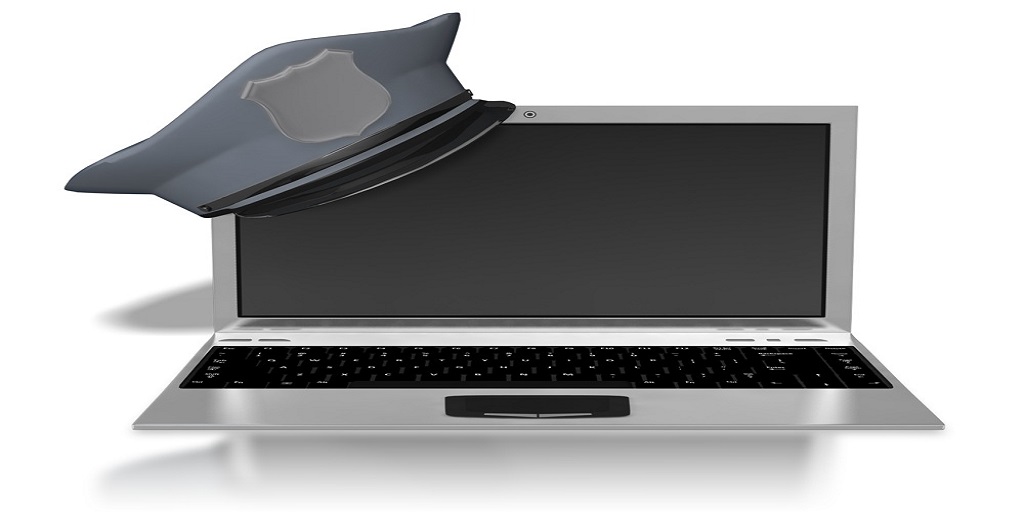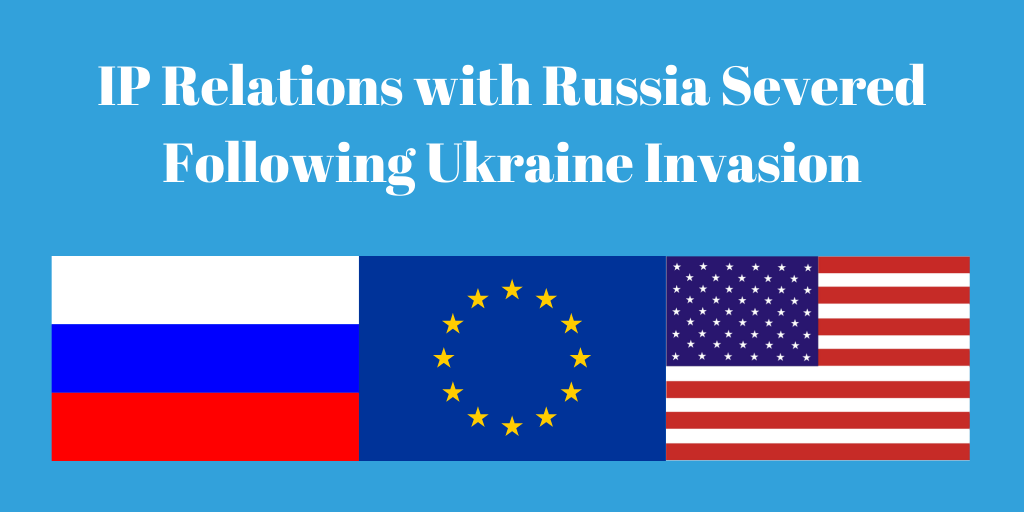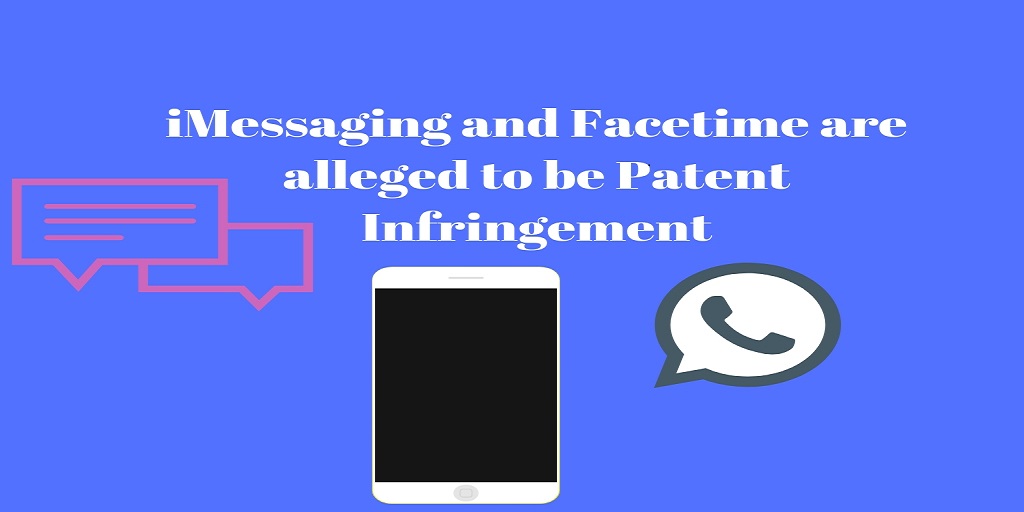Stopping Copyright Infringement on the Internet?
Protecting intellectual property on the Internet has been a dilemma for the music and movie industry since peer-to-peer technology emerged with the original Napster.
Recently in an effort to curtail copyright infringement the government has shut down peer-to-peer webpages and the music and movie industry have filed and threatened to file lawsuits against individuals who illegally obtained or shared copyrighted material.
The US government has shut down webpages that facilitate illegal file-sharing through the Immigration and Customs Enforcement (ICE) office of Homeland Security Investigations which executed court-ordered seizure warrants against a number of domain names.
Ben Sisario wrote an article for the New York Times entitled “U.S. Shuts Down Web Sites in Piracy Crackdown” where he stated that
The new seizures also come as a new bill, the Combating Online Infringements and Counterfeits Act, is making its way through Congress. The bill, which was approved by a Senate committee, would allow the government to shut down sites that are “dedicated to infringing activities”… Critics have said the law is too broad, and could affect sites that have nothing to do with file-sharing.
The Electronic Frontier Foundation, an online civil liberties group, has called it “an Internet censorship bill— a reckless scheme that will undermine global Internet infrastructure and censor legitimate online speech.”
Among the domains shut down was torrent-finder.com and sites that specialized in music: onsmash.com, rapgodfathers.com and dajaz1.com. it has been reported that at least 70 other addresses had been shut down, most belonging to sites related to counterfeit clothing, DVDs and other goods.
In another attempt to fight copyright infringement and make some money, under the name of the US Copyright Group, the attorneys of Dunlap, Grubb & Weaver are sending out thousands of offers of settlement in lieu of a lawsuit threatening large statutory damages to people for the alleged illegal downloading of certain movies like Hurt Locker and Far Cry.
The Tech Dirt Blog has been following this US Copyright Group closely and has posted a series of articles that cover this story very well.
Dunlap, Grubb & Weaver has sent out letters to thousands of people with this type of language:
Our law firm has filed a federal copyright infringement lawsuit in US District Court for the District of Columbia on behalf of our client is Voltage Pictures LLC we are sending you this letter as a courtesy before we are required to take more formal legal action which would involve adding you as a named defendant in the lawsuit.
The suit was filed against 5000 Doe defendants. We subsequently obtained identifying contact information for many of the defendants from the Internet Server Providers (ISPs) your contact information is supplied to us by your ISP as one of the defendants who illegally obtained or shared our clients copyrighted motion picture through peer-to-peer networking (Gnuttella, BitTorrent etc.) we are sending you this letter is a courtesy before we are required to take more formal legal action which would involve adding you as a named defendant to the lawsuit.
In this letter the “US Copyright Group” cites recent cases against individuals for peer-to-peer file sharing on the Internet where juries awarded large statutory damages. Some incredibly large statutory damages have been awarded by juries in a couple of cases.
- Joel Tenenbaum, a graduate student, was found to have infringed the copyrights in 30 songs and was slapped with damages of $675,000 (Sony BMG Music Entertainment v. Tenenbaum).
- Jammie Thomas-Rasset, a single mother of four, was found to have infringed the copyrights in 24 songs and was hit with damages of $1.92 million. (Inand Capitol Records, Inc. v. Thomas-Rasset).
So basically the jury said for copying about $25 worth of songs the record industry was injured by almost $2 million. How do you justify such a huge award? Talk about crazy runaway juries!
Although these awards were well within the range of statutory damages set by Congress, the federal district courts struck them down, ruling that the damage awards were, respectively, “grossly excessive” and “simply shocking.” They’re still going through the appeal process now.
“Statutory damages must still bear some relation to actual damages.” Hon. Michael J. Davis, Dist. Judge, U.S.District Court, Dist. Minnesota, January 22, 2010, Capitol Records v. Thomas-Rasset
Do you or your kids download free songs or movies on the internet? Nate Anderson reported at Ars Technica.com that the consequences of an award like these could be life-altering to the average Joe defendant in these types of cases.
Dunlap, Grubb, & Weaver could take her to court, where the lawyers would try to prove her actions “intentional.” And once they did that, “our client will be seeking the maximum statutory damages allowed by the Copyright Act in the amount of $150,000 per infringement, attorneys’ fees and costs.”
A group calling themselves the USCopyrightGroupIsAScam thinks that US Copyright Group is
“extorting through the legal system thousands of people for the supposedly illegal downloading of certain movies like Hurt Locker and Far Cry. Smaller picture companies Like Voltage and others are trying to use these extortion methods to make profits and possibly gain back monies lost to illegal downloading and pirating of their movies.”
But what is protectable? And how are companies trying to come up with innovative theories of law to combat what they deem as infringement?
What if you were to purchase software on a CD in a box and never opened it and wanted to sell it? Timothy Vernor was sued by Autodesk for copyright infringement for selling unopened boxes of software on eBay.
Vernor, claimed his actions were protected under the “first sale doctrine“ (codified in Section 109 of the Copyright Act). Vernor argued that once Autodesk sells its software to a customer, the company shouldn’t be able to control any resales. Vernor asked the court for a declaratory judgment that he was legally allowed to resell the software.
Steven Seidenberg reported in InsideCounsel.com that the “The 9th Circuit panel held, in Vernor v. Autodesk, Inc., that simply by adopting the right legal terminology, copyright owners can license their works instead of sell them-and the resulting licenses can limit what anyone, even third parties, may do with the works. Copyright owners who license their works rather than sell them can limit customers’ use.”
How will that change the landscape in copyright infringement? Is it too restrictive? The digital age has put a new twist into an old theory of law. For example it used to be you would buy a vinyl record with eight or nine songs on the record. You could play those songs on a record player at your house or your friend’s house and you could physically bring that record from place to place.
But now in the digital world digital songs can be shared by simply e-mailing or plugging your digital player into someone else’s computer. Should you have a right to listen to that song anywhere on anyone’s computer or digital playing device? Or once you buy a song should you have to keep it on one computer?






December 20, 2010 @ 2:11 am
Internet law helps in the copyright act and stop the document infringement.